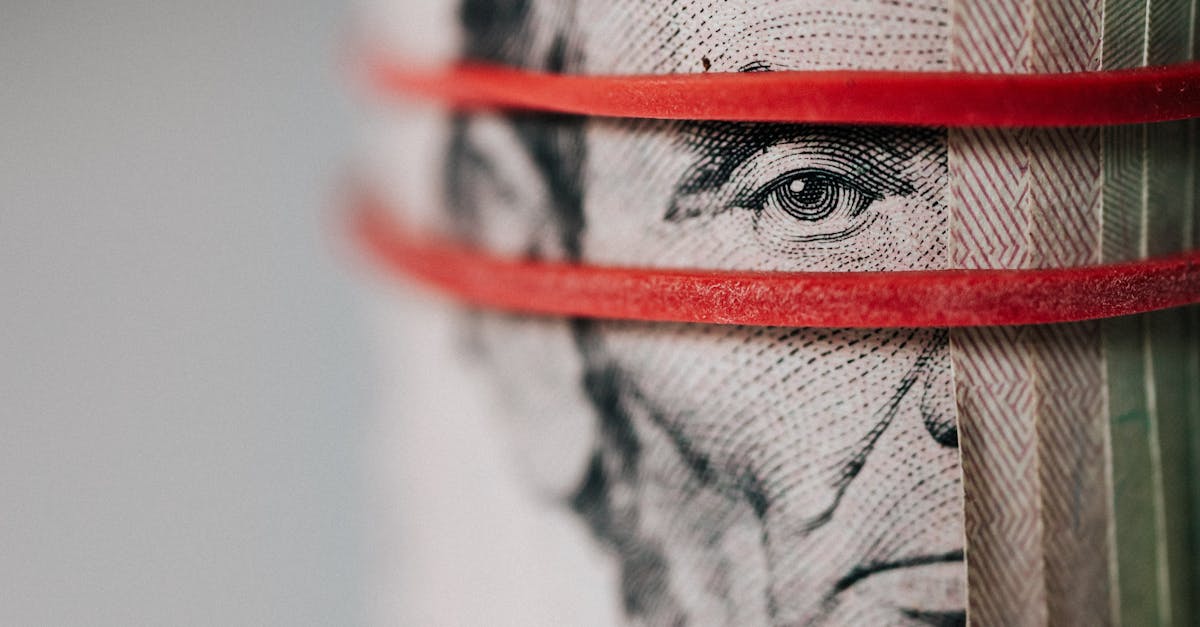It might be difficult to determine which pieces of advise to follow when it comes to managing one’s own money. It might be challenging to sort through all the advice out there and figure out which ones would actually help our finances the most. We may all benefit from using a few tried-and-true methods for strengthening our own financial positions.
The first step in restoring our fiscal health is developing and adhering to a budget. Instead of spending on momentary gratifications, we should make it a point to save money on a consistent basis and invest in long-term ambitions. In addition to having an emergency fund set up, paying down debt as quickly as possible is an important aspect of good personal financial management.
Finally, it is important to keep track of our expenses, so that we can make better financial decisions in the future. Following these basic principles can help us make our financial dreams a reality.
The best personal finance advice is to create a budget and stick to it. Try to save money on a regular basis, and don’t be afraid to invest in long-term goals. Pay off debt as quickly as possible, and make sure to have an emergency fund in place. Finally, keep track of your expenses, so you can make better financial decisions.
Which Personal Finance Advice
When it comes to personal finance advice, it’s important to consider a few key points. Start by creating a budget and sticking to it. Make sure to save money regularly and invest in long-term goals. Pay off debt quickly and make sure to have an emergency fund in place.
Finally, track your expenses to make more informed decisions. By following this advice, you’ll be well on your way to making smart financial decisions.
Related Post: What Will I Learn In A Personal Finance Class
Understanding The Basics Of Personal Finance
is an important part of managing your finances. A good starting point is creating a budget and sticking to it. You can also save money on a regular basis for longer-term goals, such as retirement. Paying off debt quickly is also important, as it can help reduce the amount of interest you pay in the long-term.
Lastly, having an emergency fund can provide you with financial security during unexpected circumstances. Keeping track of your expenses allows you to make more informed financial decisions and can help you stay on top of your budget.
By following these simple steps, you can get a better understanding of personal finance and be on your way to financial success.
Related Post: Where Can I Take A Personal Finance Class
Creating A Budget And Sticking To It
is one of the most important aspects of personal finance. A budget allows you to properly allocate your income and expenses, so you can make smarter financial decisions. To create a budget, you should first calculate your income and expenses.
After that, you should allocate your income to cover your expenses and also set aside some money for savings. Once you have your budget in place, it’s important to stick to it. This means avoiding unnecessary purchases and focusing on long-term goals.
You should also pay off debt as quickly as possible, and make sure to have an emergency fund in place. Finally, it’s important to keep track of your expenses so you can make better financial decisions. With a well-planned budget, you can achieve financial freedom and security.
Related Post: Why Is Personal Finance Important For Students
Investing In Your Financial Future

is an important step for anyone looking to maintain financial stability. Creating a budget and sticking to it is essential for keeping your finances in check. Additionally, it’s important to save money on a regular basis and invest in long-term goals.
Pay off debt as soon as possible, and make sure to have an emergency fund in place. Finally, keep detailed records of your expenses to help make well-informed financial decisions. By investing in your financial future, you can ensure that you remain in control of your finances and have a secure future.
Related Post: Why Do We Need To Manage Your Personal Finances
Managing Debt And Building Credit History
Managing debt and building a credit history is an important part of personal finance. In order to stay on top of your financial health, it’s important to pay off debt as quickly as possible. Additionally, building a good credit history is essential for purchasing items such as a car or a house.
Creating a budget is the first step to setting yourself up for success. When making a budget, make sure to include all of your expenses, including debt payments. Make sure to allocate money towards your emergency fund and long-term goals.
Once you have a budget in place, stick to it.You can also use credit cards responsibly to help build your credit history. Make sure to make all payments on time and to not overspend.By keeping track of your expenses and creating a budget, you can make better financial decisions and stay on top of your debt. Doing so will help you build a good credit history, which can be beneficial in the long run.
Related Post: What Will Be Your Personal Finance Philosophy In 5 Years
Conclusion
Overall, personal finance advice can vary, but the most important thing is to find methods that work for you. Whether it be budgeting, saving, investing, or tracking your expenses, it’s essential to create a plan to help you reach your financial goals. With the right advice and effort, you can take control of your finances and secure a brighter financial future.
